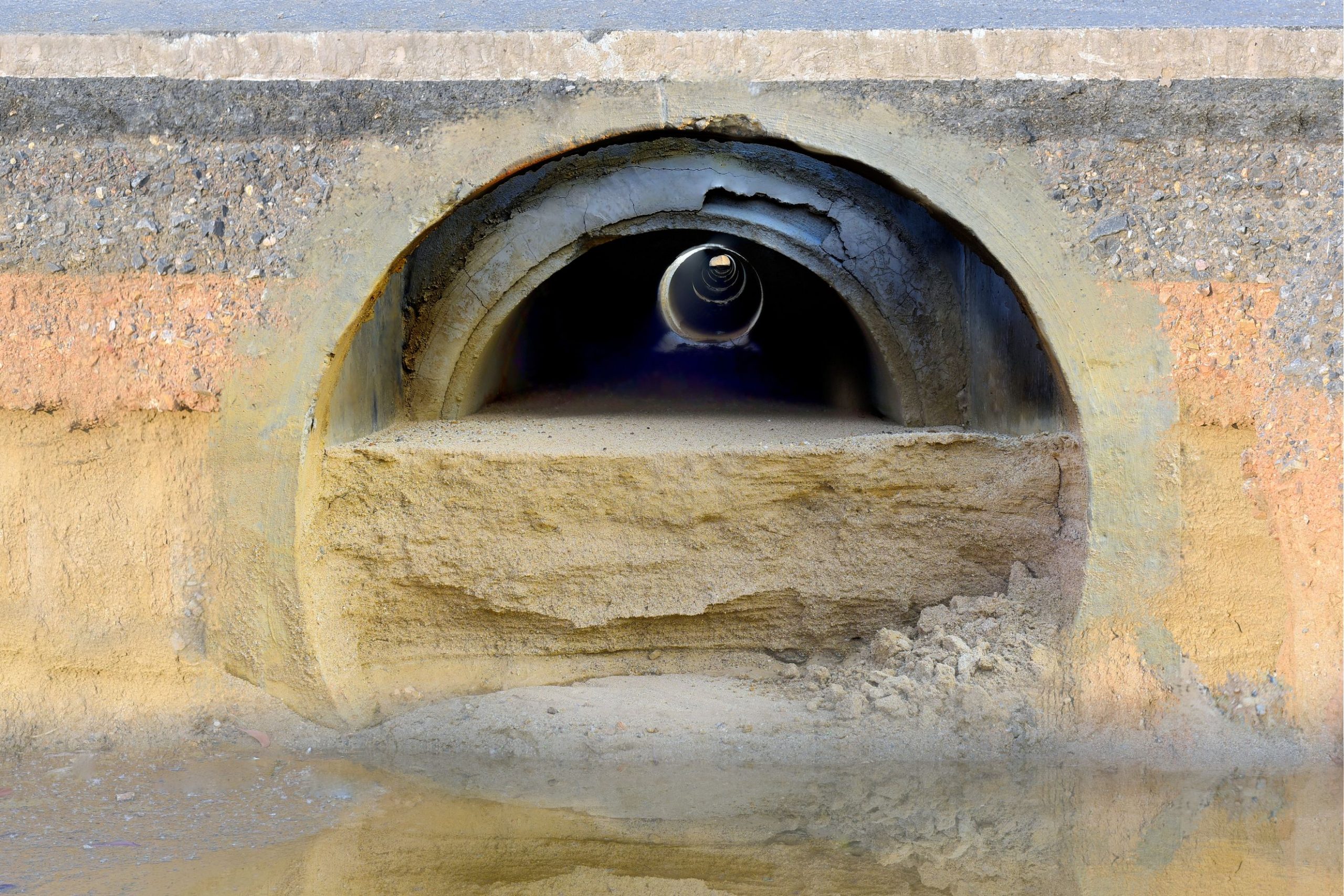Public Utility and Plant Investigation
Tell us about your project
Fields marked with * are required

AHS operate with an extensively experienced team of PUP locators. We have PUP locators with in excess of 20 years experience in locating PUP for local Councils, Department of Transport and Main Roads, tier one Design firms and major construction contractors.
Our locators are DBYD certified and have the capability of locating services using multiple techniques including but not limited to; electromagnetic locating, Ground Penetrating Radar (GPR), rodding and potholing using one of our high quality vacuum excavation units.
We have the ability to locate and vacuum excavate to locate services at depths of up to 6m in any single location using methodologies developed by our highly experienced operators in combination with our experienced locators.
AHS have extensive PUP locating abilities that range from locating minor network connections in local Councils to major infrastructure within the highly congested motorways and highways of the Department of Transport and Main Roads.

All services are located, captured, and reported on. Reports can be provided in a variety of formats including 12D survey files.
Subsurface utility investigations, also known as utility locating or underground utility mapping, are of utmost importance in construction and infrastructure development. These investigations involve the precise identification and mapping of underground utilities and infrastructure, including water and sewer lines, gas pipes, electrical conduits, and telecommunication cables.
The significance of subsurface utility investigations can be summarised as follows:
Safety: Accurate utility location is essential for preventing accidents during excavation and construction. Striking underground utilities can lead to hazardous gas leaks, electrical shocks, water main breaks, and the disruption of essential services, posing risks to both workers and the public.
Cost Savings: Subsurface utility investigations help avoid costly project delays, repairs, and legal liabilities associated with unintentional utility damage. Knowing the precise location of utilities allows for efficient project planning and execution.
Project Efficiency: Having a clear understanding of subsurface utilities enables designers and contractors to optimise project layouts and make informed decisions. This leads to efficient construction, reduced design conflicts, and streamlined project timelines.
Environmental Protection: Proper utility investigation helps prevent environmental contamination caused by accidental utility damage, such as spills of hazardous materials or wastewater leakage. Protecting the environment is not only a legal requirement but also a moral obligation.
Regulatory Compliance: There are regulations regarding utility damage prevention. Compliance with these regulations is critical to avoiding fines and legal repercussions.
In summary, subsurface utility investigations are very important in construction and infrastructure projects. They enhance safety, minimise costs, improve project efficiency, protect the environment, and ensure compliance with regulations, making them an essential component of any successful development or construction venture.
Please call and speak with one of our friendly members of staff or send us an email using our contact form